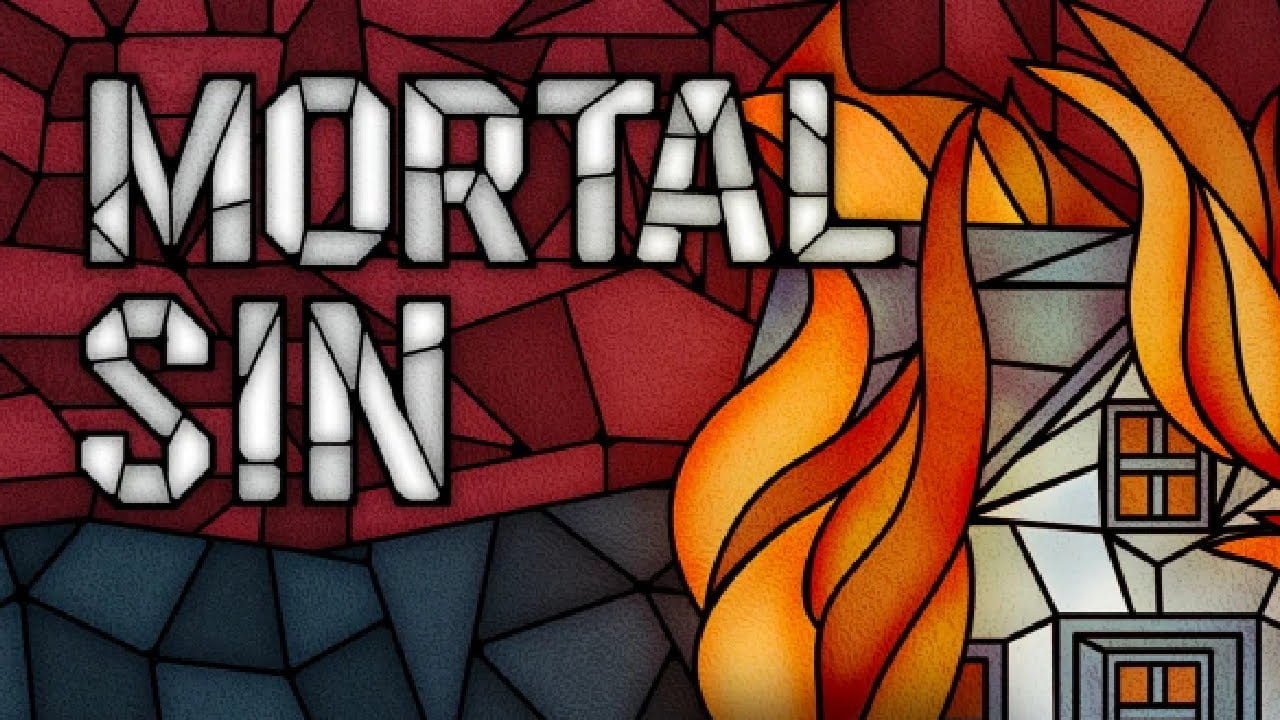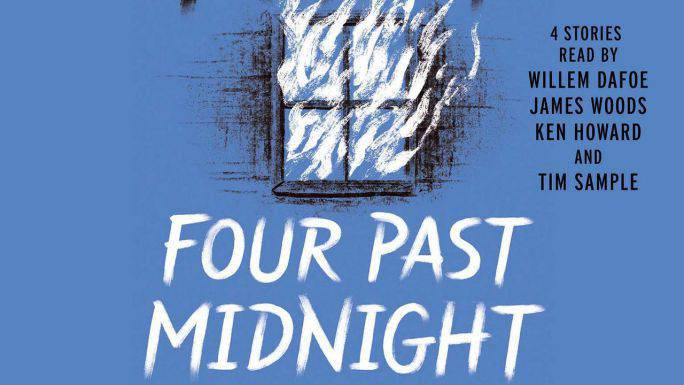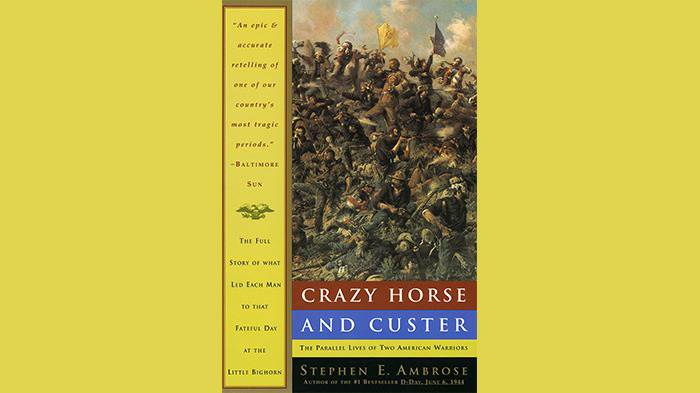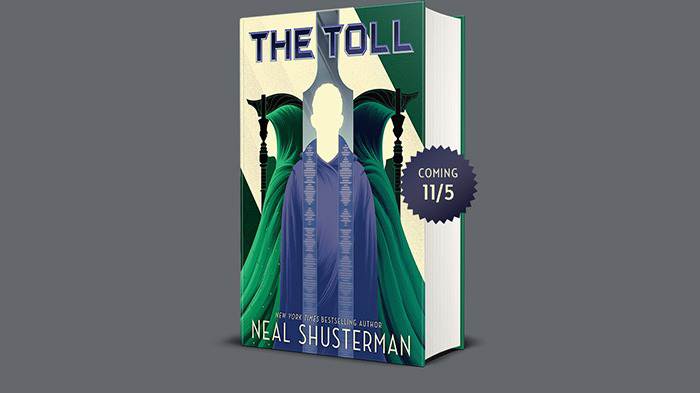“Mortal Sin” is a captivating podcast that delves deep into the heart of one of the most complex and controversial topics in modern society: the intersection of crime and religion. This series stands out for its thought-provoking exploration of how faith, sin, and crime intermingle, offering listeners a unique perspective on notorious and lesser-known cases where religious beliefs and practices play a pivotal role.
Hosted by an engaging and insightful presenter, “Mortal Sin” takes listeners on a journey through meticulously researched episodes, each focusing on a specific case where religion significantly impacts legal and moral outcomes. The podcast does an exceptional job of presenting these stories in a respectful yet unflinching manner, balancing the sensitivity of the subject matter with a commitment to uncovering the truth.
One of the key strengths of “Mortal Sin” is its ability to provide a comprehensive overview of each case, including the historical and cultural context that surrounds it. The podcast goes beyond the headlines, offering in-depth analysis and commentary that helps listeners understand the complexities of the crimes discussed. From cult-related mass suicides to crimes hidden behind the veil of religious institutions, “Mortal Sin” covers a wide range of topics that are both fascinating and unsettling.

The narrative style of “Mortal Sin” is both compelling and informative, drawing listeners in with gripping storytelling while providing them with a thorough understanding of the legal, psychological, and theological aspects involved. The host’s ability to weave together interviews, court recordings, and expert opinions adds depth to the narrative, making each episode feel like a comprehensive documentary on the topic.
Another notable aspect of “Mortal Sin” is its exploration of the psychological and sociological factors that drive individuals to commit crimes in the name of religion. The podcast examines the role of belief systems in shaping behaviors and decisions, offering insights into the power dynamics within religious organizations and communities. This approach not only sheds light on the motivations behind the crimes but also prompts listeners to reflect on broader questions about faith, morality, and justice.
 Skip to content
Skip to content







